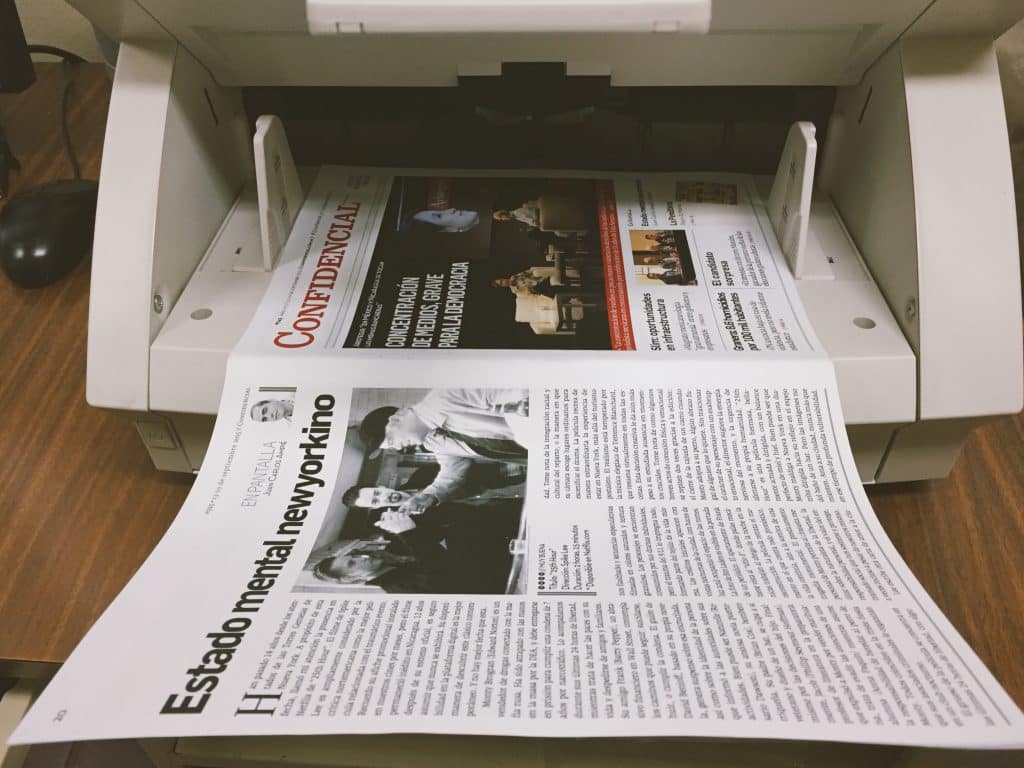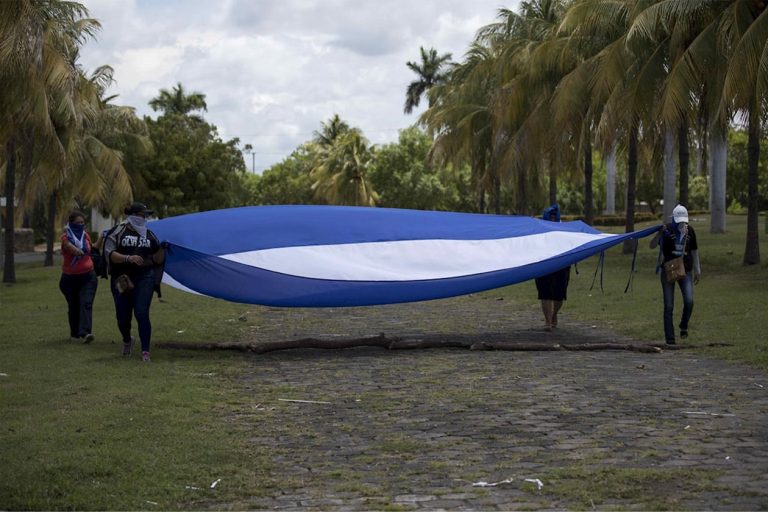27 de agosto 2022

Visit the Historical Archive with over 1000 editions of the CONFIDENCIAL weekly magazine

PUBLICIDAD 1M
PUBLICIDAD 4D
PUBLICIDAD 5D
The leaders’ task is to recover belief in a democratic way out.

Nicaragua's Youth leaders’ task is to recover belief in a democratic way out and forge an active unity in the country
At this point in the Nicaraguan crisis, the political analysis has become scarce and to a certain degree tiresome. What’s been happening since 2018 can only be described with one simple word: dictatorship. That’s how these regimes have historically behaved. At this time, we must decide if uncertainty is going to remain the daily fare of Nicaraguans, or if there’ll be a road of hope towards democracy. The latter is the job of the various groups’ leadership.
Several observations point to the conclusion that the most important condition for defeating the regime is the reactivation of a broad, pluralistic, and multi-sector opposition bloc, oriented towards actions. First: although our recent memories center on 2018 – the year of the April insurrection – the struggle today is completely different. The probabilities of spontaneous uprisings are nearly null. Second: although the people in Nicaragua, like those in exile, have lost hope in the opposition and their goal of leading the struggle, it’s important to recognize the role of the Civic Alliance and the Blue and White National Unity, as well as their established organizational capacity and the recognition they’ve achieved from the international community.
Third and last: There are no examples of civic movements that have defeated a dictatorship like Ortega’s. The most prominent examples of totalitarian regimes falling were mostly triggered by changes on the international plane. Those hoping for a solution from the north should note that the US has changed its foreign policy with respect to Latin America, and possesses no recipes for how to overturn totalitarian dictatorships by civic means.
Although the US State Department sanctions or the OAS resolutions may raise some people’s morale, causing them to feel accompanied, it’s clear that these don’t change the internal correlation of forces. Nor do they generate hope for Nicaraguans, tired of the opposition’s internal spats, and resolved to go on with their lives despite the dictatorship. The task, instead, lies with the opposition leadership.
In making this point, we have to put aside the political cynicism that has often accompanied those of us who’ve been involved in the opposition movements during the last few years. Many of us know who’s had and continues to have enough political strength to take steps towards unity or to shatter it. On one hand, there’s the Nicaraguan University Alliance (AUN), a decisive force due to the symbolism of its members, – including political prisoners Lesther Aleman and Max Jerez – plus its position in the Civic Alliance and its closeness with the private sector. On another front, there are the youth leaders in the Blue and White National Unity (UNAB), such as Amaya Coppens and Yaritza Rostran, known for their organizational capacity, their participation in the student resistance, and their history in the jails of the dictatorship.
These things have made them symbols and given them credibility before public opinion. Above all though, these two organizations represent a point of unity among the other figures, who are often far distant from each other on the Nicaraguan political spectrum. If these two groups worked to become a pivotal point, unity will be possible.
It’s no surprise that the agendas of international cooperation aren’t always adapted to the rhythms and actions of those who lead the struggle. It’s also true, though, that they play a fundamental role in approaching and supporting the anti-regime activists who lead direct actions. The most important thing is that the agencies focus their efforts, not on forcing unity, but on encouraging spaces for dialogue and understanding.
This isn’t the moment for political disputes in the heart of the opposition that would be appropriate for a democratic competition. The groups should be aware that, at this point, not only is the life and welfare of millions of Nicaraguans at play, but also the very existence of such groups. Unity is necessary to recover our political life. Democratic conviction must be recovered.
This article was originally published in Spanish in Confidencial and translated by Havana Times
Archivado como:
PUBLICIDAD 3M
Activista y opositor nicaragüense exiliado. Abandonó sus estudios universitarios de Sociología para integrarse a la lucha cívica estudiantil y social de Nicaragua, en 2018. Fue fundador de la Alianza Universitaria Nicaragüense (AUN), y fue integrante de la Alianza Cívica por la Justicia y la Democracia (ACJD). Ahora integra el grupo Formadores con Vos.
PUBLICIDAD 3D